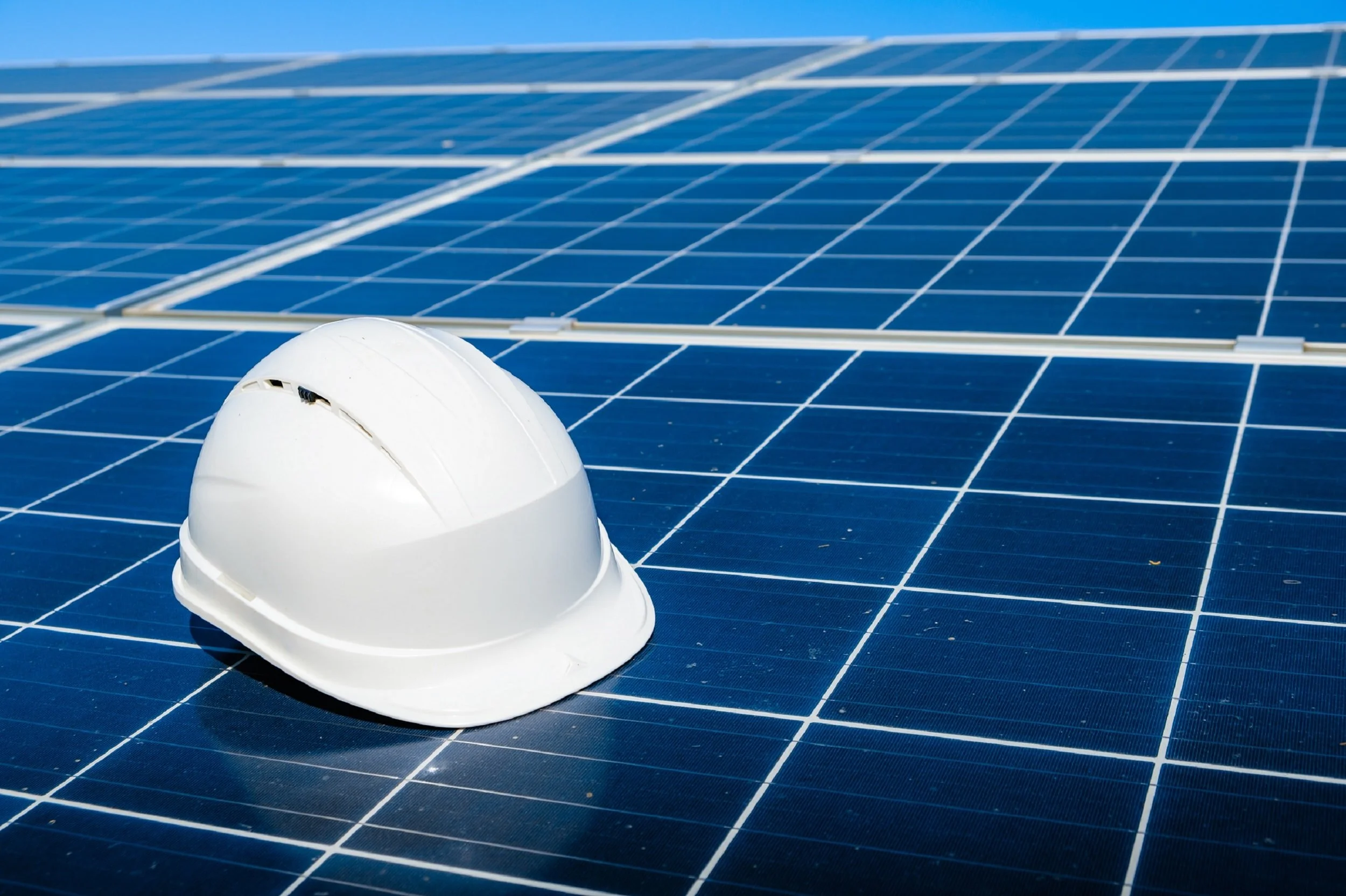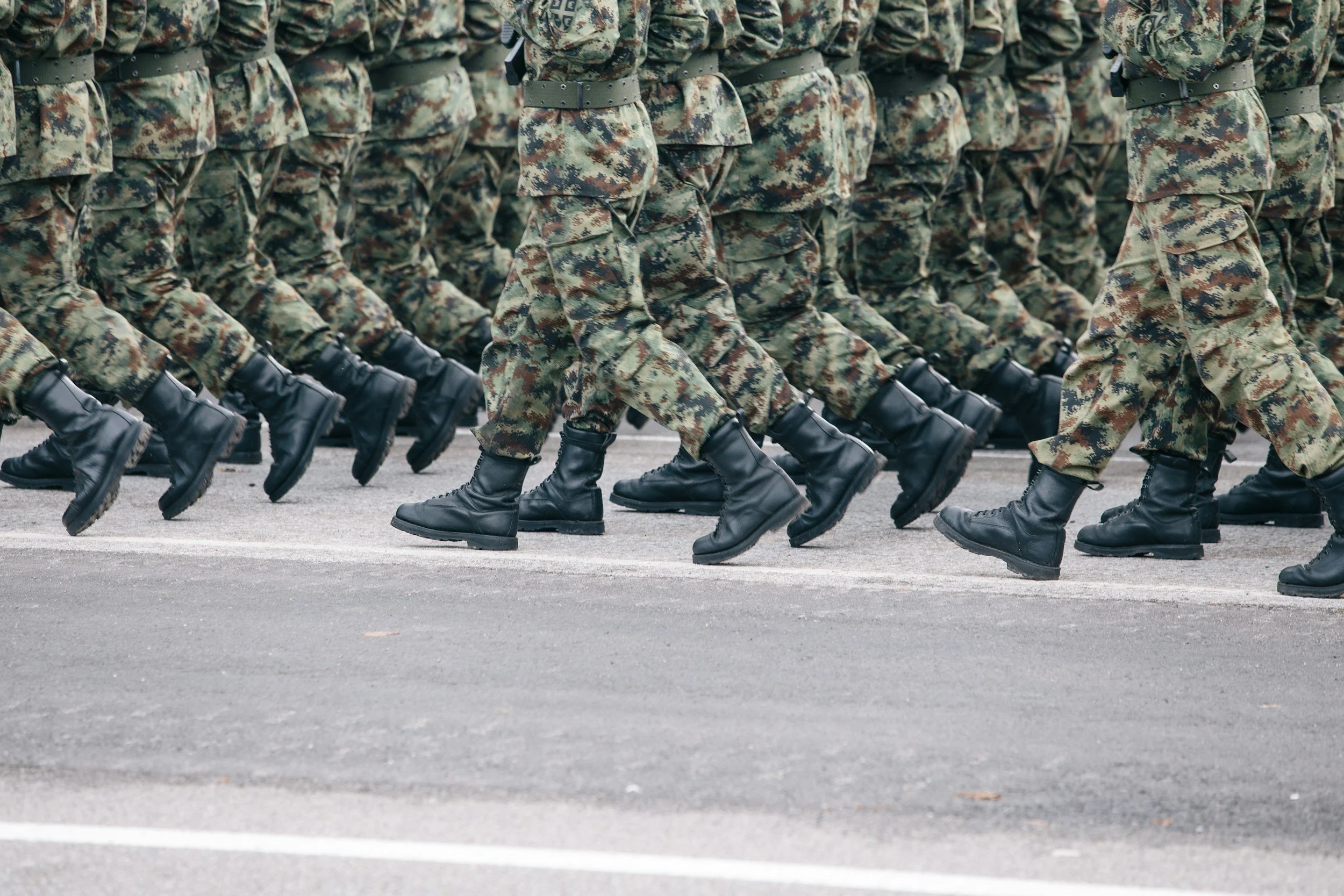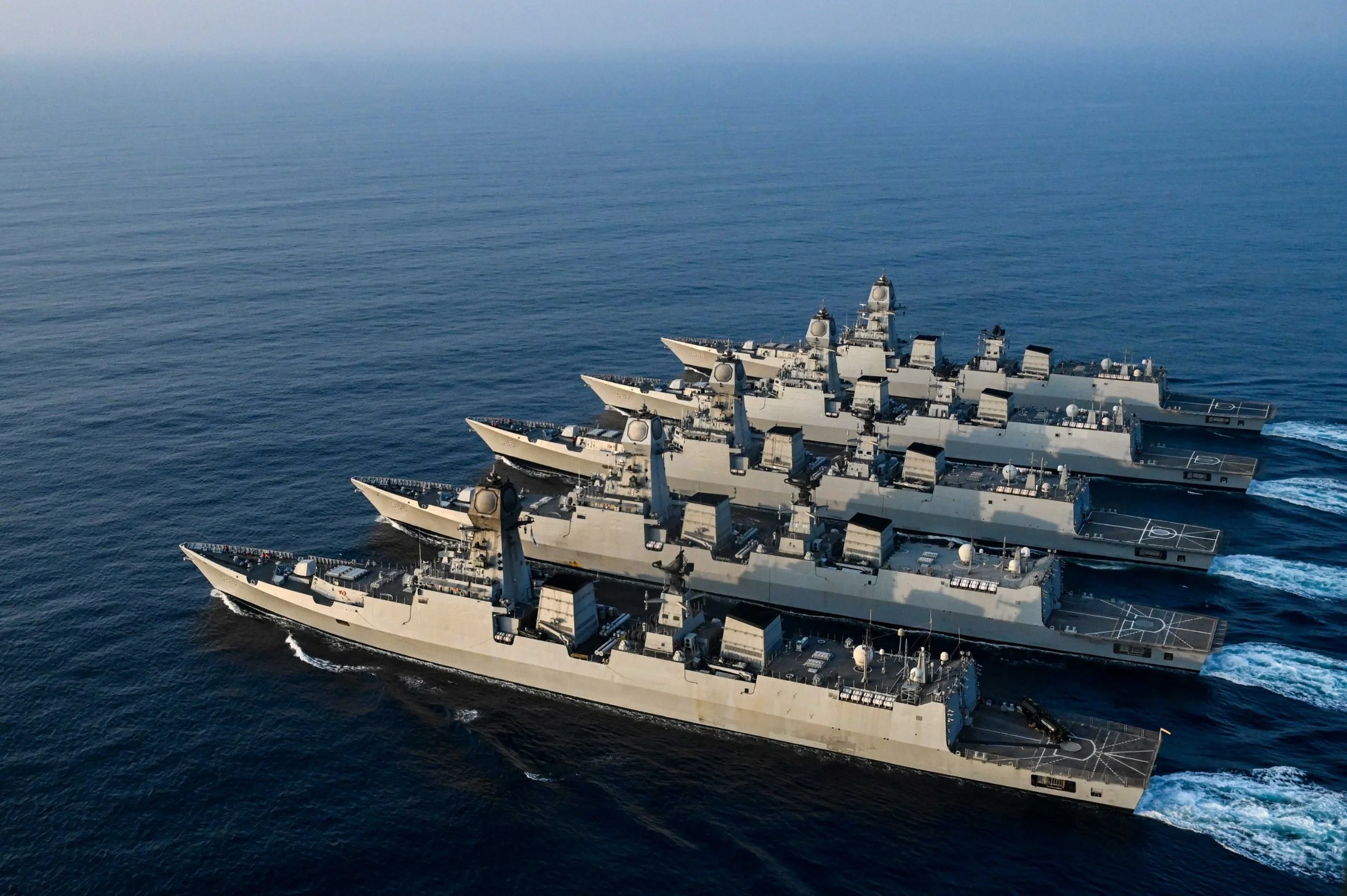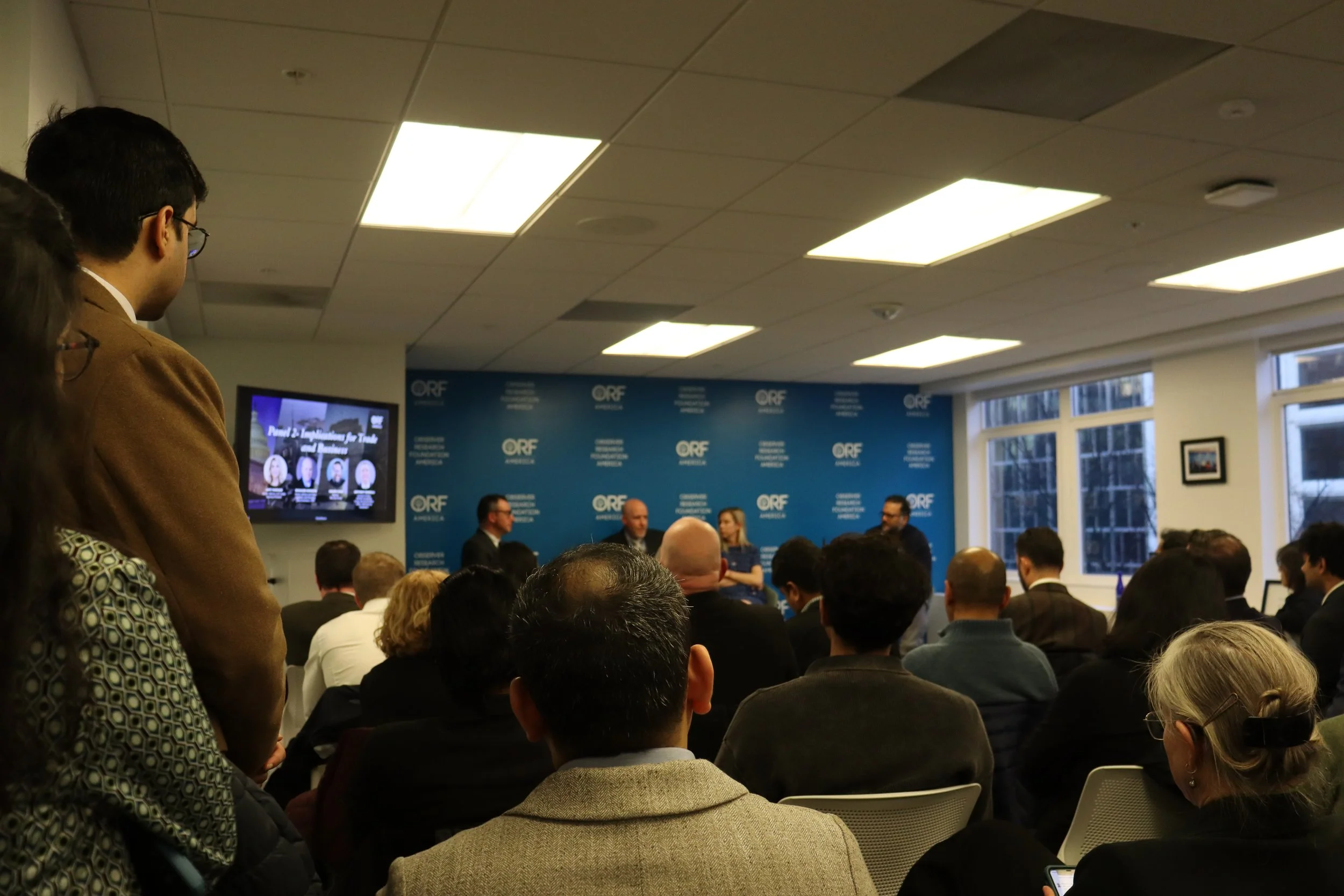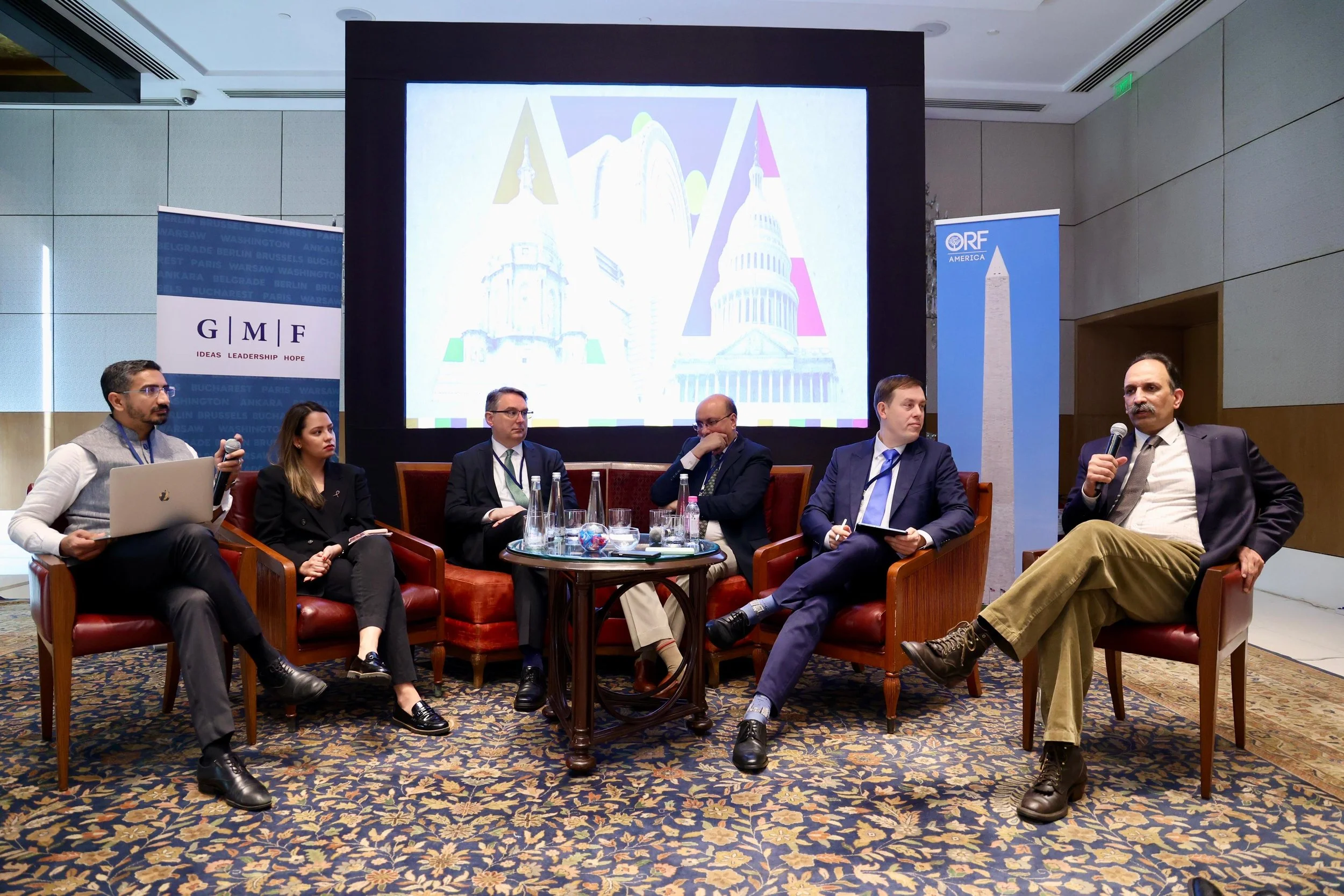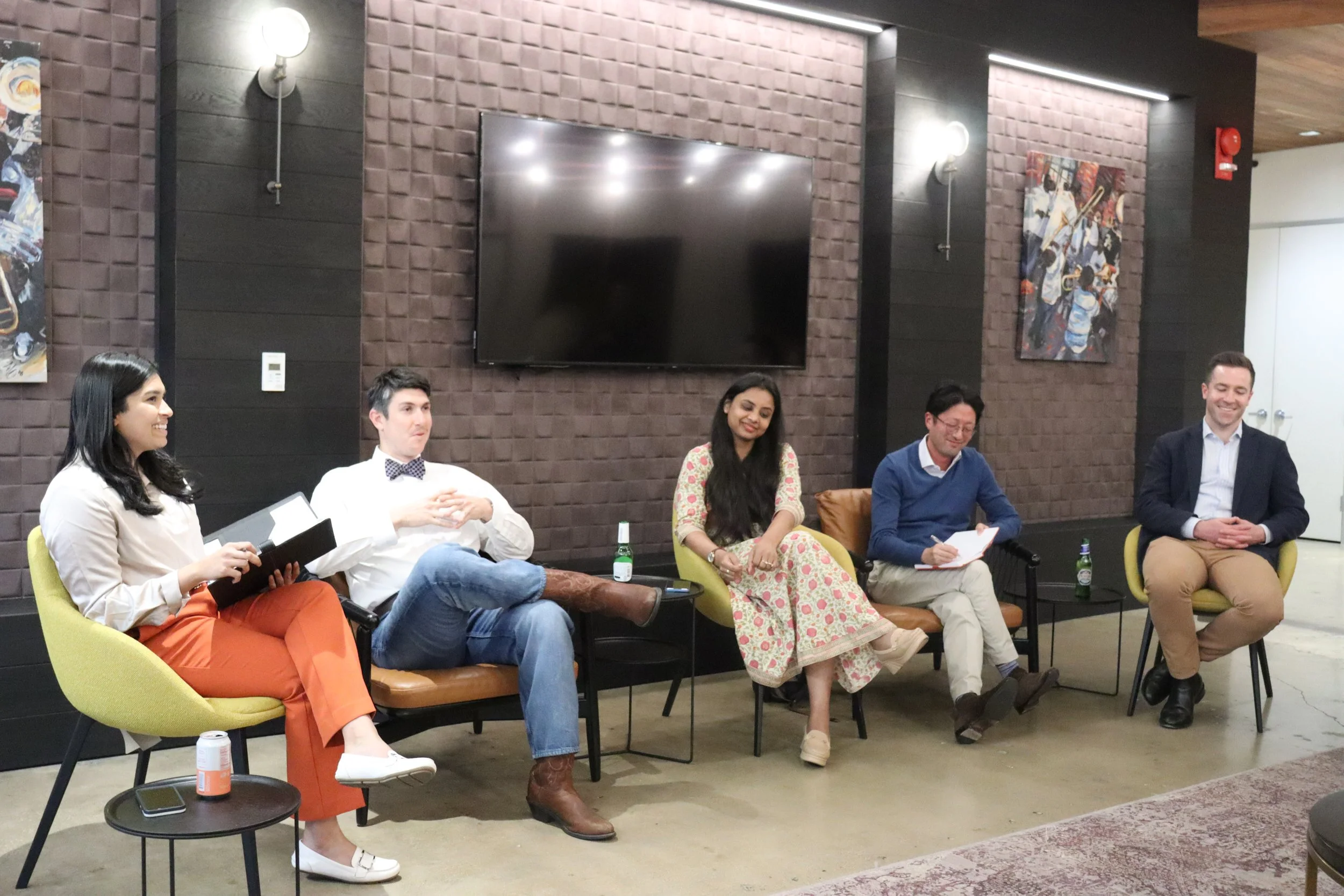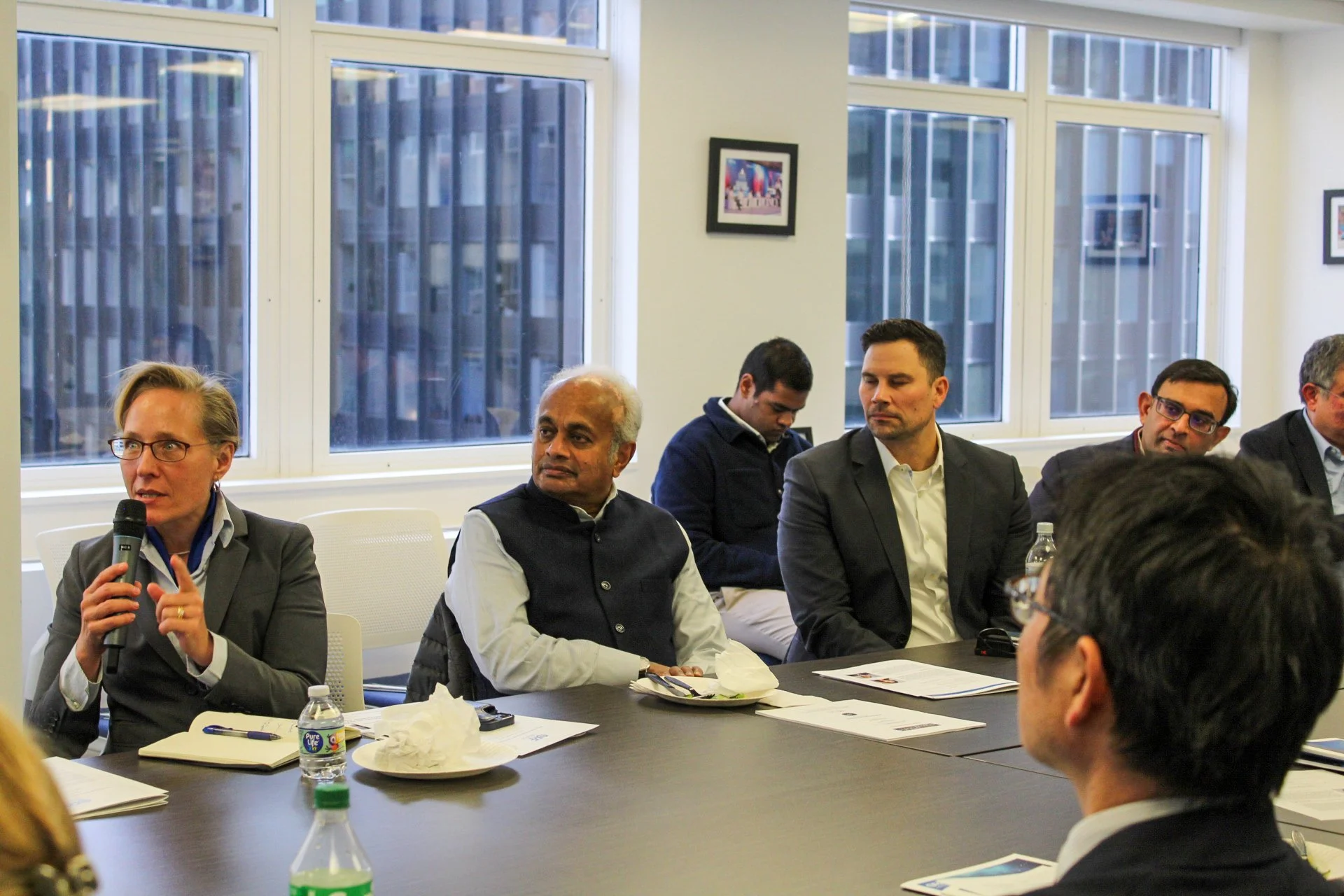ammar nainar
program Coordinator & Junior Fellow

Ammar Nainar
Ammar Nainar is Program Coordinator and Junior Fellow at ORF America where he contributes to research, writing and programming on contemporary strategic affairs. Most recently, he interned at Brookings Institution where he undertook a research project collating, analyzing and summarizing multiple U.S. Congressional hearings pertaining to U.S.-India relations and the China factor between 1979 to 2011. He has also been involved in research on Indian and US foreign policy at Carnegie India, the International Institute for Strategic Studies and the Center for Strategic and International Studies.
Nainar holds an MA in Asian Studies from the Edmund Walsh School of Foreign Service at Georgetown University and a BA in International Relations from the Department of War Studies at King’s College London. Nainar is on Twitter @stratamm
Building Back Better: Reinvigorating Global American Leadership, Georgetown ISD (Capstone), May 2021.
Building Indian States’ Capacity in Monitoring FDI, CSIS (Blog), November 5, 2020.
pUBLICATIONS
Special Report No. 8
By Dhruva Jaishankar, Ammar Nainar, and David Vallance
By Dhruva Jaishankar and Ammar Nainar
Once a quiet backstage function of the armed forces, defence diplomacy has emerged as one of India's sharpest tools of statecraft. From joint exercises and training missions to disaster relief and maritime surveillance, India's military now operates far beyond the battlefield: building trust, shaping partnerships, and projecting the country's strategic interests on a rapidly shifting global stage.
While there is no shortage of analysis and speculation of China’s capabilities and behavior today, it is imperative to keep an eye on longer-term developments and remain open to uncertainties that could shape China’s strategic outlook.
Joint Report
By Shikha Aggarwal, Divyank Chaudhary, Lily McElwee, Aaron Glasserman, Keshav Kelkar, Kento Mashiko, Takuya Matsuda, Helen Mitchell, Philip Rogers, Rena Sasaki, David Saultry, and Neil Thomas
Editors: Dhruva Jaishankar and Greg Brown
Background Paper No. 25
By Ammar Nainar
By Ammar Nainar
Drawing from a deep pool of military expertise, New Delhi is expanding its foreign affairs capacity.
Recent developments – most notably the rise and assertiveness of the People’s Republic of China – have led to a rethink about the role of democracy in Indian foreign policy.
Special Report
By Dhruva Jaishankar & Ammar Nainar
By Ammar Nainar
India’s military leaders have valuable foreign experience that they have gained from ground operations, professional military education and defence diplomacy.
A particular focus of this issue is solar energy in the United States and India. Solar will be key to reducing emissions and decarbonizing the energy systems of both countries.
Special Report
By Shayak Sengupta & Ammar Nainar
By Ambar Kumar Ghosh and Ammar Nainar
A quarterly snapshot of energy trends in the U.S. and India
Special Report
By Ammar Nainar
comments
By Ammar Nainar
For the first time in a defense framework agreement, India and the United States specified “operational coordination” as an objective for enhancing collaboration in Professional Military Education (PME) and training. While earlier exchanges largely involved India borrowing best practices from the United States, recent cooperation between the two countries has emphasized greater joint activities and operations.
By Dhruva Jaishankar and Ammar Nainar
As China and the United States jostle for position, India has a modest but meaningful role to play as a security provider in the Western Pacific. Beyond the Indian Ocean, its ability to improve interoperability with willing and capable partners and assist in capacity-building efforts have only increased, notwithstanding the tenor of relations with the United States.
By Ammar Nainar
Despite trade and tariff wars and continuing security tensions in Europe, the Middle East, and Indian subcontinent, Quad cooperation continues. But the trends this year also reflect a new and more focused agenda for Quad cooperation in the second Trump administration, including maritime, economic, and technology security, as well as humanitarian assistance and disaster relief.
By Dhruva Jaishankar and Ammar Nainar
As observers struggle to make sense of Trump’s second presidential term, it is worth considering three parallel debates that are shaping these outcomes.
By Ammar Nainar
In a signal of the United States’ burden-sharing efforts, the Indian Ocean region was featured eight times in the latest U.S.-India joint statement between Indian prime minister Narendra Modi and U.S. president Donald Trump. To India and the United States, the Indian Ocean remains vital for trade and energy flows, for security competition given China’s growing naval activity, and for connectivity between Asia, Africa, and Europe.
By Natalie Boyse and Ammar Nainar
As officials plan new initiatives and prepare for the Quad Leaders’ Summit in India later this year, one area to explore further collaboration might involve Quad scenario planning exercises on Indo-Pacific security issues.
By Ammar Nainar
By extending concessionary loans to incentivize and settle trade in rupees, India’s central bank is learning from China’s experience in internationalizing its currency.
By Ammar Nainar
The Quad is not abdicating responsibility against China as some skeptics allege. Rather, China’s military, diplomatic, and economic coercion provides the rationale for many of the Quad’s initiatives.
By Ammar Nainar
A more careful examination of India’s military exercises today shows how they are indicative of India’s new diplomatic partnerships and priorities.
By Ammar Nainar
Narendra Modi became the first Indian prime minister to visit Ukraine this week, amid the backdrop of an ongoing war between Ukraine and Russia. But New Delhi and Kyiv have had a longer and wider association than many realize, dating back to the Soviet Union.











